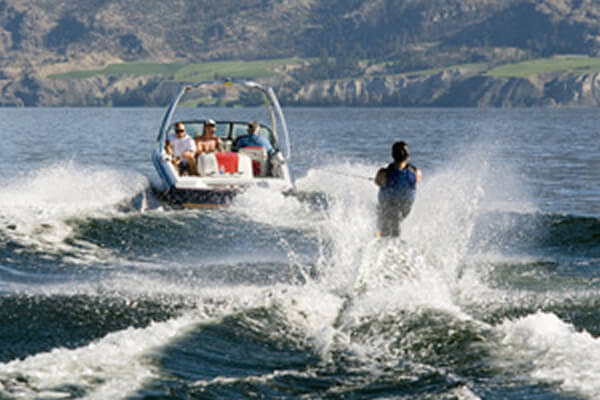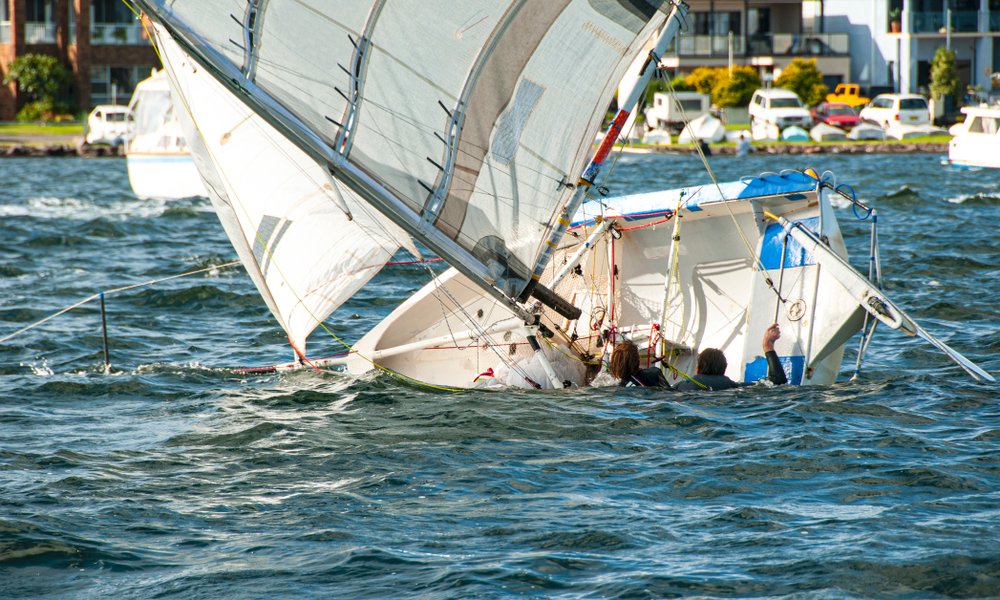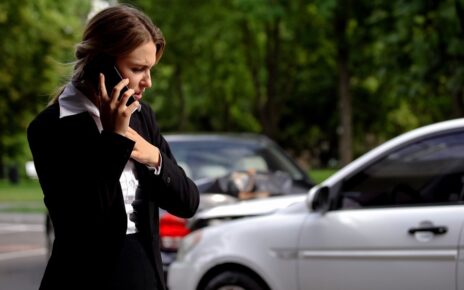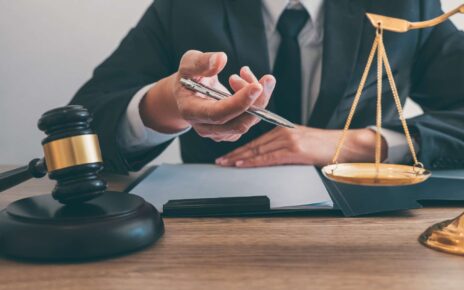Florida’s sparkling waterways make it a boating paradise, but they also see their fair share of accidents. With the state leading the nation in boating registrations, understanding the laws surrounding boating accidents is crucial, especially for victims seeking justice. These laws can be complex, and changes in 2025 could impact how cases are handled.
Victims of boating accidents often face medical bills, property damage, and emotional trauma. Knowing their rights and the legal steps to take can make a significant difference in securing compensation. Whether it’s operator negligence or equipment failure, Florida’s laws are designed to address various scenarios and protect those affected.
Top Causes of Boating Accidents in Florida Waters
Operator Inattention
Operator inattention leads to many boating accidents in Florida. Failing to stay alert to surroundings, other vessels, or hazards increases the risk of collisions and other incidents.
Excessive Speed
Operating boats at excessive speeds reduces reaction time, making it harder to avoid obstacles or swimmers. This behavior frequently contributes to catastrophic damages and injuries.
Alcohol Use
Alcohol use remains a leading contributor to boating accidents. Impaired judgment and coordination significantly raise the likelihood of crashes and fatalities.
Equipment Failure
Improperly maintained or defective boating equipment often results in collisions or mechanical failures. Common issues include engine malfunctions and steering defects.
Weather Conditions
Sudden weather changes, such as high winds or storms, pose dangers to boat operators. Inexperienced boaters are particularly vulnerable in these situations.
Reckless Operation
Reckless operation includes actions like weaving between other vessels, ignoring no-wake zones, or sharp turning. These behaviors place boaters and passengers at risk.
Contacting experienced Florida Boat Accident Lawyers, such as Michles & Booth, can help victims navigate legal claims arising from these accidents.
Understanding Liability in Florida Boating Accidents

Liability in Florida boating accidents depends on identifying negligence or actions that directly contributed to the incident. Under Florida law, operators, boat owners, rental companies, or manufacturers may bear liability based on their involvement.
- Operator Negligence: Examples include speeding, failing to follow navigational rules, or operating under the influence of alcohol. Courts often examine operator decisions leading to accidents.
- Owner Responsibility: Boat owners may be liable if they knowingly allow unqualified individuals to operate their vessel or fail to maintain it properly.
- Rental Company Liability: If rental companies fail to inspect equipment, provide safety instructions, or ensure renters meet legal requirements, they may be held accountable for damages.
- Manufacturer Defects: Faulty designs or defective parts contributing to accidents, such as engine failure, can shift fault to manufacturers under product liability laws.
In multi-party accidents, liability is distributed based on each party’s degree of fault, following Florida’s comparative negligence rule. Victims must prove that the accused party’s actions or omissions directly caused harm.
Florida Boat Accident Lawyers, such as Michles & Booth, help victims establish accountability, gather evidence, and pursue fair compensation for medical expenses, lost wages, and other damages.
Recent Updates to Florida Boating Laws for 2025
Florida has introduced key amendments to its boating laws in 2025 to address safety issues and reduce accidents. These updates enhance accountability for operators, boat owners, and rental companies.
- Mandatory Boating Safety Education: All boat operators born on or after January 1, 1988, must complete a state-approved safety education course. Operators must present a valid Boating Safety Education Identification Card while on the water.
- Increased Penalties for Boating Under the Influence (BUI): Stricter penalties now apply to BUI cases, including higher fines and mandatory jail time for repeat offenders. Operators with a blood alcohol concentration (BAC) of 0.08% or higher face immediate license suspension and legal repercussions.
- Enhanced Equipment Inspection Requirements: Rental companies must perform and document thorough equipment inspections before renting vessels. Non-compliance can result in penalties or suspension of rental licenses.
- Strengthened Liability Regulations: Boat owners allowing unlicensed or underage individuals to operate their vessels can now face increased legal responsibility. This includes liability for negligence and damages resulting from accidents.
- Improved Reporting Standards: Boating accidents causing injuries, death, or property damage over $2,000 must be reported to the Florida Fish and Wildlife Conservation Commission (FWC) within 48 hours. Delayed reporting may lead to fines or additional sanctions.
These updates aim to address recurring issues such as negligence, lack of education, and safety equipment failures. Victims navigating claims should consult experienced Florida Boat Accident Lawyers, such as Michles & Booth, for detailed guidance under these new regulations.
Steps to Take Immediately After a Boating Accident
- Ensure Safety and Check for Injuries
Prioritize safety by moving to a secure location, if possible, without worsening the situation. Check all individuals for injuries and provide necessary first aid. Dial 911 immediately for medical emergencies or when injuries involve severe trauma. - Report the Accident to Authorities
Notify the Florida Fish and Wildlife Conservation Commission (FWC) or local law enforcement. Florida law mandates reporting when the accident results in serious injury, death, or significant property damage exceeding $2,000. Clear communication of the location, circumstances, and parties involved ensures compliance with the law. - Document the Scene
Take photographs of the involved vessels, visible damages, injuries, and environmental conditions. Collect contact details of all involved parties, including boat operators and witnesses. Include documentation of the waterway’s weather conditions and any visible debris or hazards. - Exchange Required Information
Share names, contact information, and vessel registration numbers with all other operators involved. Avoid discussing fault to prevent prejudicing any future legal claims. Focus solely on fulfilling legal exchange obligations. - Seek Medical Attention
Even if injuries appear minor, consult a medical professional to identify latent issues. Internal injuries and shock are common after boating accidents and might not exhibit immediate symptoms. - Contact Legal Counsel
Consulting experienced Florida Boat Accident Lawyers, such as Michles & Booth, helps determine liability and initiate the legal claim process efficiently. Legal professionals can also manage evidence and deal with insurance negotiations under Florida’s accident laws.
These steps help victims protect their rights and gather essential evidence for subsequent legal or insurance proceedings.
Pursuing Compensation for Injuries and Property Damage
Victims in Florida can seek compensation for injuries and property damage resulting from boating accidents. Compensation typically covers medical expenses, lost wages, pain and suffering, and repair or replacement costs for damaged property. For claims to succeed, victims must establish that another party’s negligence caused the accident.
Negligent parties may include operators, boat owners, rental companies, or manufacturers. For example, operators who disregard speed limits or boating regulations can be held accountable. Boat owners may face liability for allowing inexperienced individuals to operate their vessels. Rental companies could also be responsible if they fail to maintain equipment or provide safety instructions. Equipment defects linked to manufacturers may further contribute to compensatory claims.
Florida’s comparative negligence rule affects compensation by reducing awards based on the victim’s percentage of fault. For instance, if a victim is found 20% at fault, their compensation will reflect an 80% recovery of total damages. This principle underscores the importance of meticulously documenting evidence, such as photographs of damage, witness statements, and accident reports.
Experienced legal counsel, such as Florida Boat Accident Lawyers, plays a critical role in navigating claims. Firms like Michles & Booth assist victims with identifying liable parties, negotiating settlements, and ensuring compliance with 2025 regulatory updates. Their expertise enhances victims’ ability to secure fair compensation while addressing challenges involving disputed liability or evidence insufficiency.
How Maritime Laws Impact Boating Accident Cases
Boating accident cases in Florida demand a thorough understanding of maritime laws and the evolving state regulations. With the 2025 updates introducing stricter safety measures and liability rules, victims must act swiftly to protect their rights and pursue compensation.
Navigating these legal complexities can be overwhelming, especially when dealing with injuries, damages, and emotional distress. Partnering with experienced Florida Boat Accident Lawyers ensures victims have the support needed to build strong cases, establish accountability, and secure fair outcomes.
By staying informed and seeking professional guidance, victims can effectively address the challenges posed by boating accidents while adapting to the latest legal changes.





